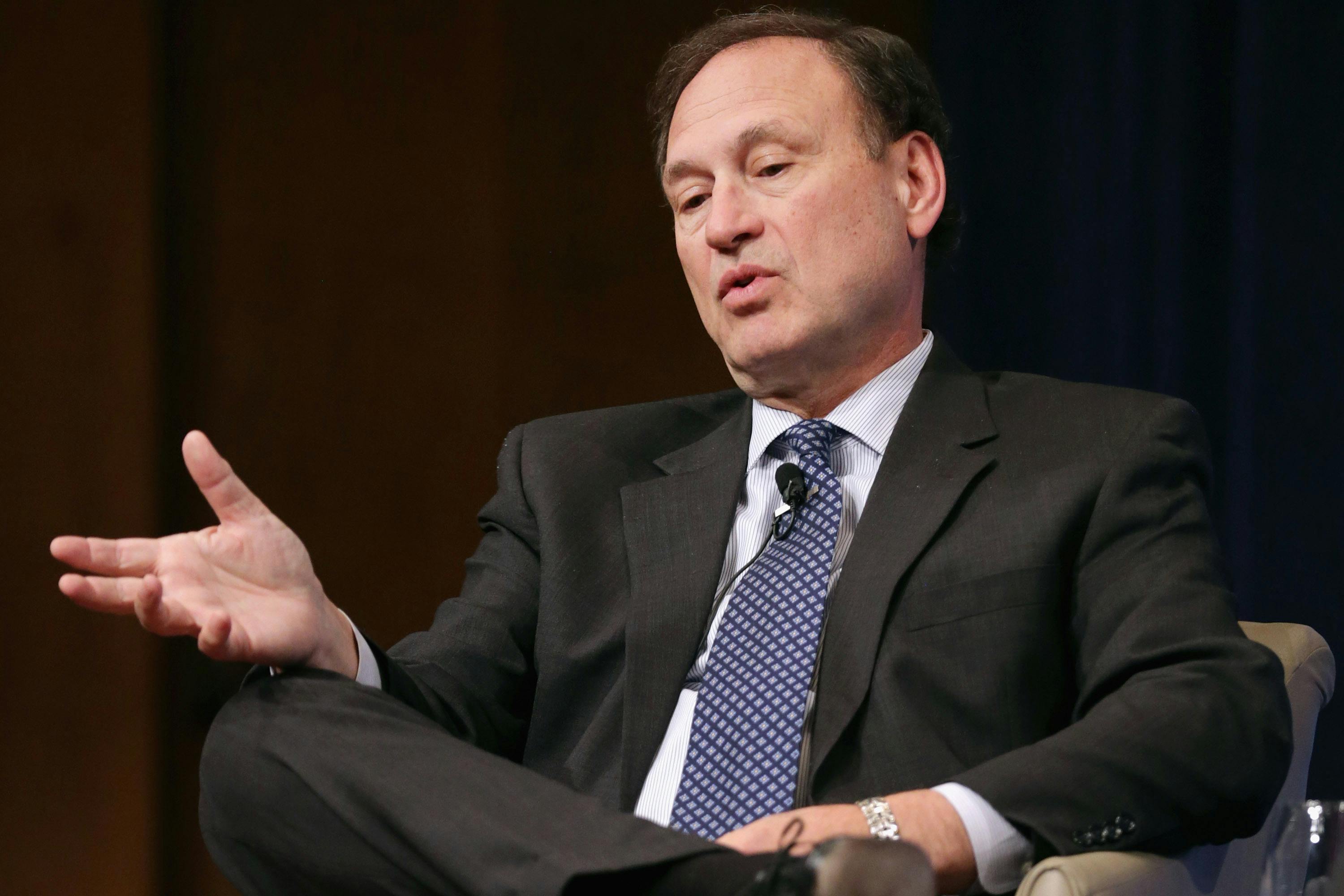
As the Supreme Court weighed the
Dobbs v. Jackson Women’s Health Organization case in 2021 and 2022, civil rights advocates noted that this would be no narrow ruling—and that the fallout from overturning
Roe v. Wade would go way beyond abortion. After all, there were numerous legal matters inextricably tied to the
Roe precedent, including the right to birth control and marriage equality. In his majority opinion, Justice Samuel Alito attempted to reassure people that no other rights were at risk. He wrote: “To ensure that our decision is not misunderstood or mischaracterized, we emphasize that our decision concerns the constitutional right to abortion and no other right. Nothing in this opinion should be understood to cast doubt on precedents that do not concern abortion.”
That was a lie. The February 2024 Alabama Supreme Court ruling declaring that embryos should be considered people under wrongful death laws, and which halted in vitro fertilization treatments, cited
Dobbs multiple times. And we’re seeing another instance of
Dobbs’s repercussions in a pending case about sex discrimination in medical care. If the high court accepts these arguments, it could have wide-ranging effects.
One of the biggest Supreme Court cases this term,
U.S. v. Skrmetti, is about whether bans on gender-affirming care for minors amount to unconstitutional sex discrimination. The plaintiffs—three Tennessee transgender youth and their families—argue that the state law clearly discriminates based on sex because it bans medical providers from prescribing puberty blockers and hormone treatments to transgender youth but allows those same therapies for cisgender kids. (To put a finer point on it, under the law, Senate Bill 1, a minor assigned female at birth can take estrogen, while a minor assigned male cannot.) The Department of Justice argues that the Tennessee law violates equal protection rights under the Fourteenth Amendment.
In a brief filed on Tuesday afternoon, Tennessee’s Republican Attorney General Jonathan Skrmetti chillingly cited
Dobbs more than 10 times to argue that its law is a mere regulation of medical care and doesn’t discriminate based on sex.
